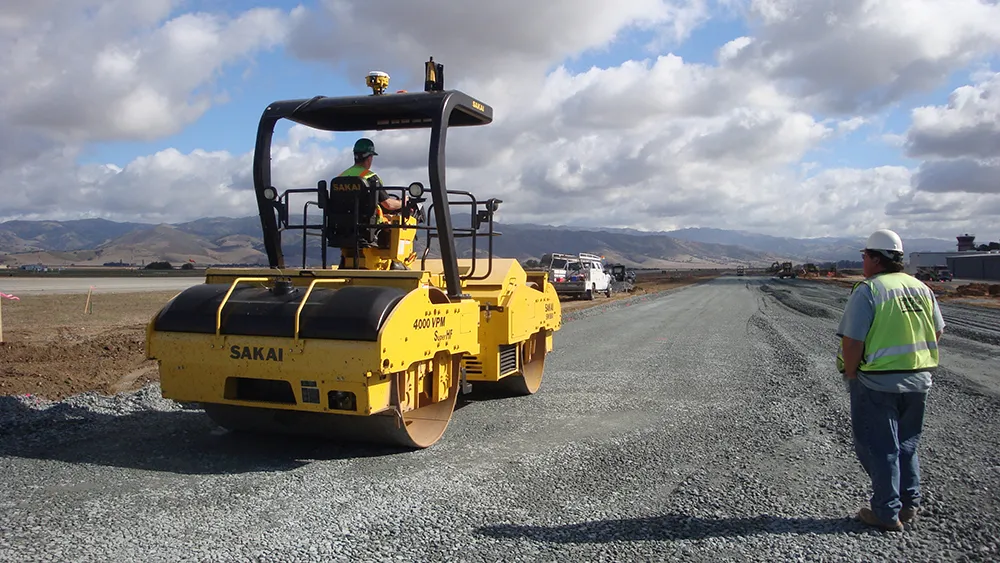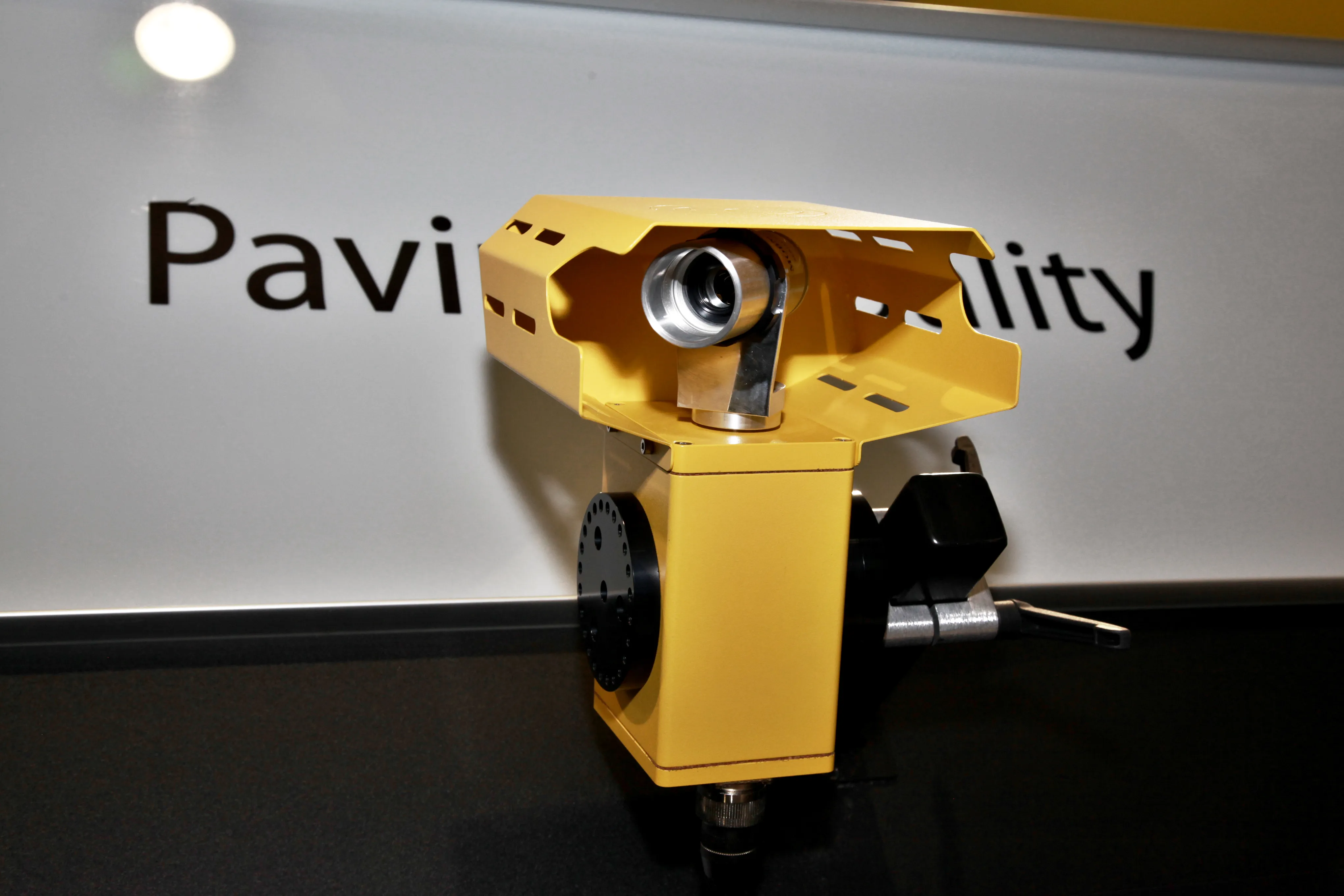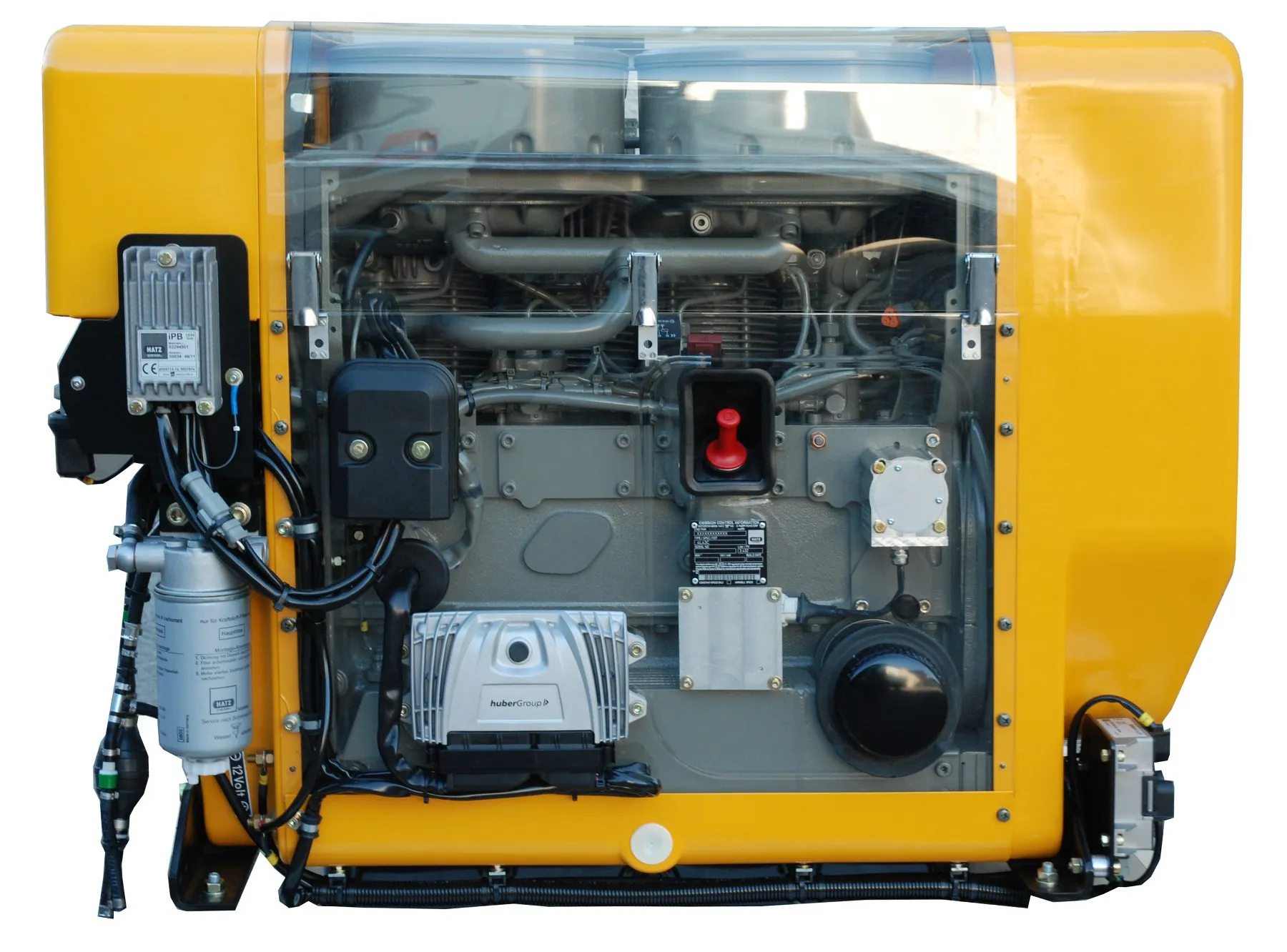A data management tool highway officials and contractors use to optimise highway construction has just been re-released as a faster version with expanded capabilities. Veda 2.0 by specialty US highway engineering firm The Transtec Group (Transtec) is said to provide powerful data management and analysis for paving operations.
November 11, 2013
Read time: 1 min

A data management tool highway officials and contractors use to optimise highway construction has just been re-released as a faster version with expanded capabilities. Veda 2.0 by specialty US highway engineering firm The 5943 Transtec Group (Transtec) is said to provide powerful data management and analysis for paving operations.
Funded by the Minnesota Department of Transportation (MnDOT), Veda is a free intelligent construction data management (ICDM) tool that displays, analyses, and reports data collected by intelligent compaction and PAVE-IR technologies during construction. Intelligent compaction tracks asphalt or soils compaction progress and PAVE-IR collects asphalt surface temperature during paving.
Veda 2.0 improvements are said to include easier data importing, faster display and analysis, improved design file compatibility, and the ability to handle larger jobs, multiple machines, and multiple compaction modes. Transtec claim that workers using Veda can expect to save more time and analyse data more effectively. Veda 2.0 is available as a free download at %$Linker:2 External <?xml version="1.0" encoding="utf-16"?><dictionary /> 0 0 0 oLinkExternal www.IntelligentCompaction.com Intelligent Compaction false http://www.intelligentcompaction.com/ false false %>
Funded by the Minnesota Department of Transportation (MnDOT), Veda is a free intelligent construction data management (ICDM) tool that displays, analyses, and reports data collected by intelligent compaction and PAVE-IR technologies during construction. Intelligent compaction tracks asphalt or soils compaction progress and PAVE-IR collects asphalt surface temperature during paving.
Veda 2.0 improvements are said to include easier data importing, faster display and analysis, improved design file compatibility, and the ability to handle larger jobs, multiple machines, and multiple compaction modes. Transtec claim that workers using Veda can expect to save more time and analyse data more effectively. Veda 2.0 is available as a free download at %$Linker:








